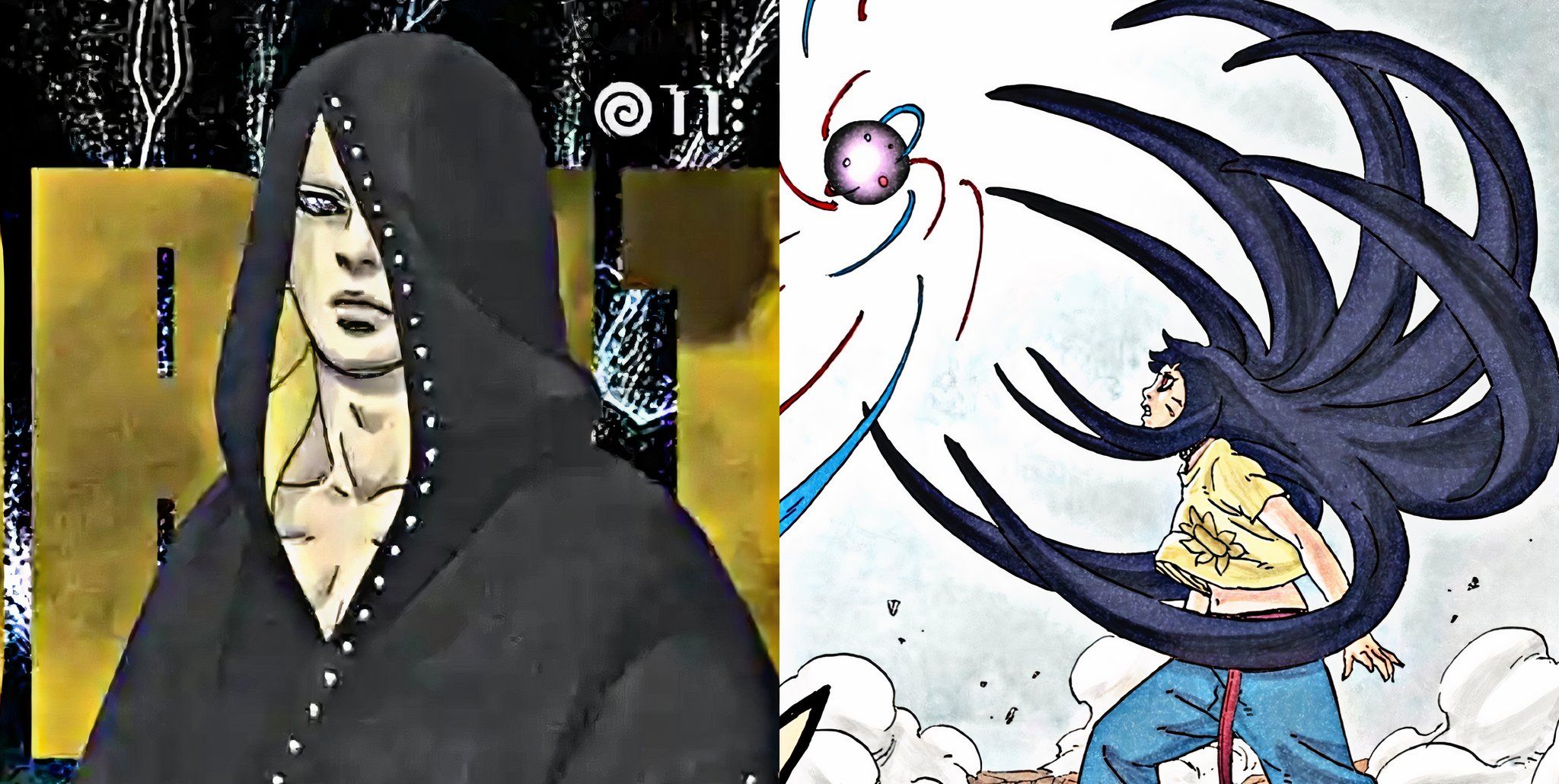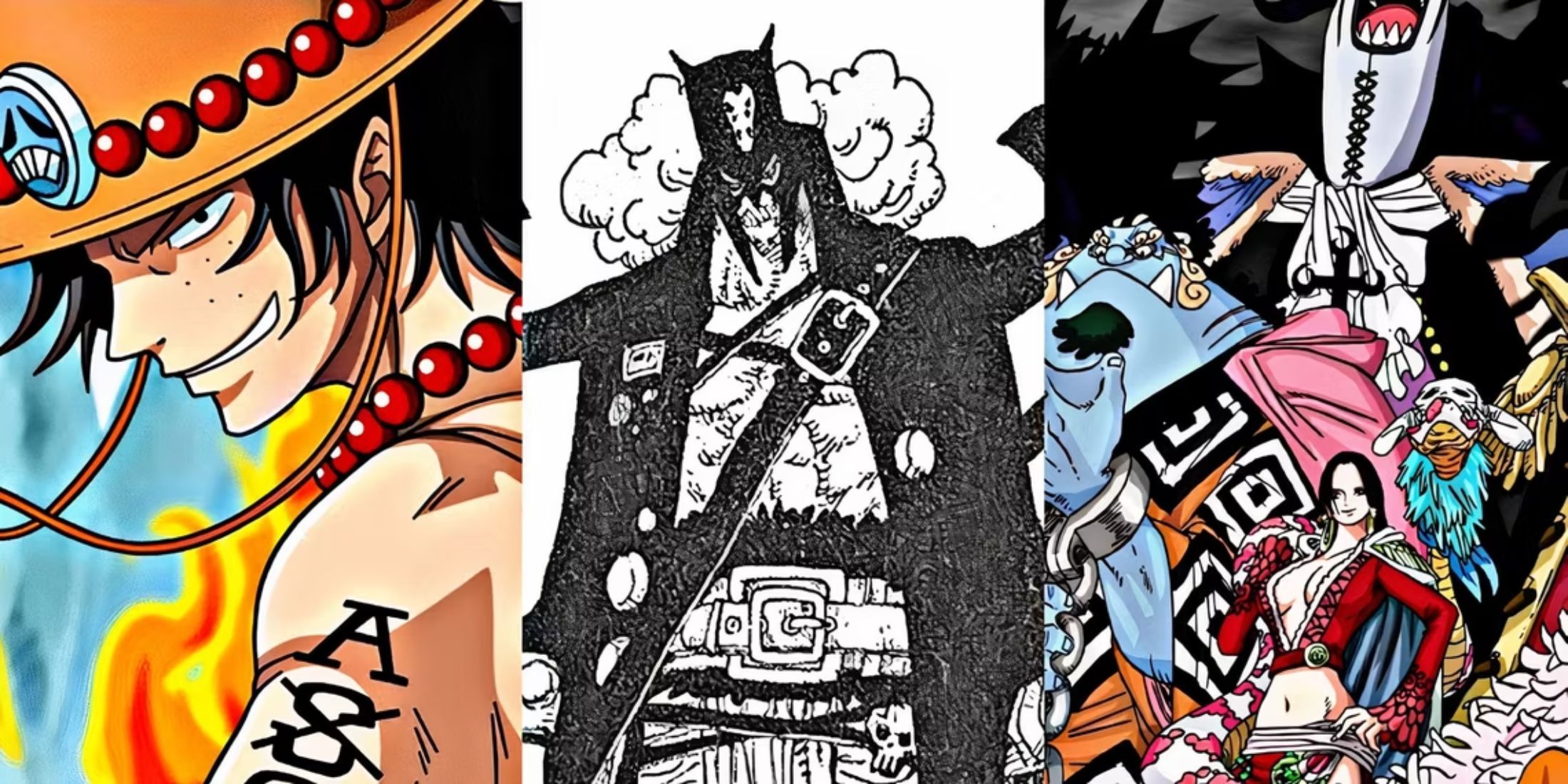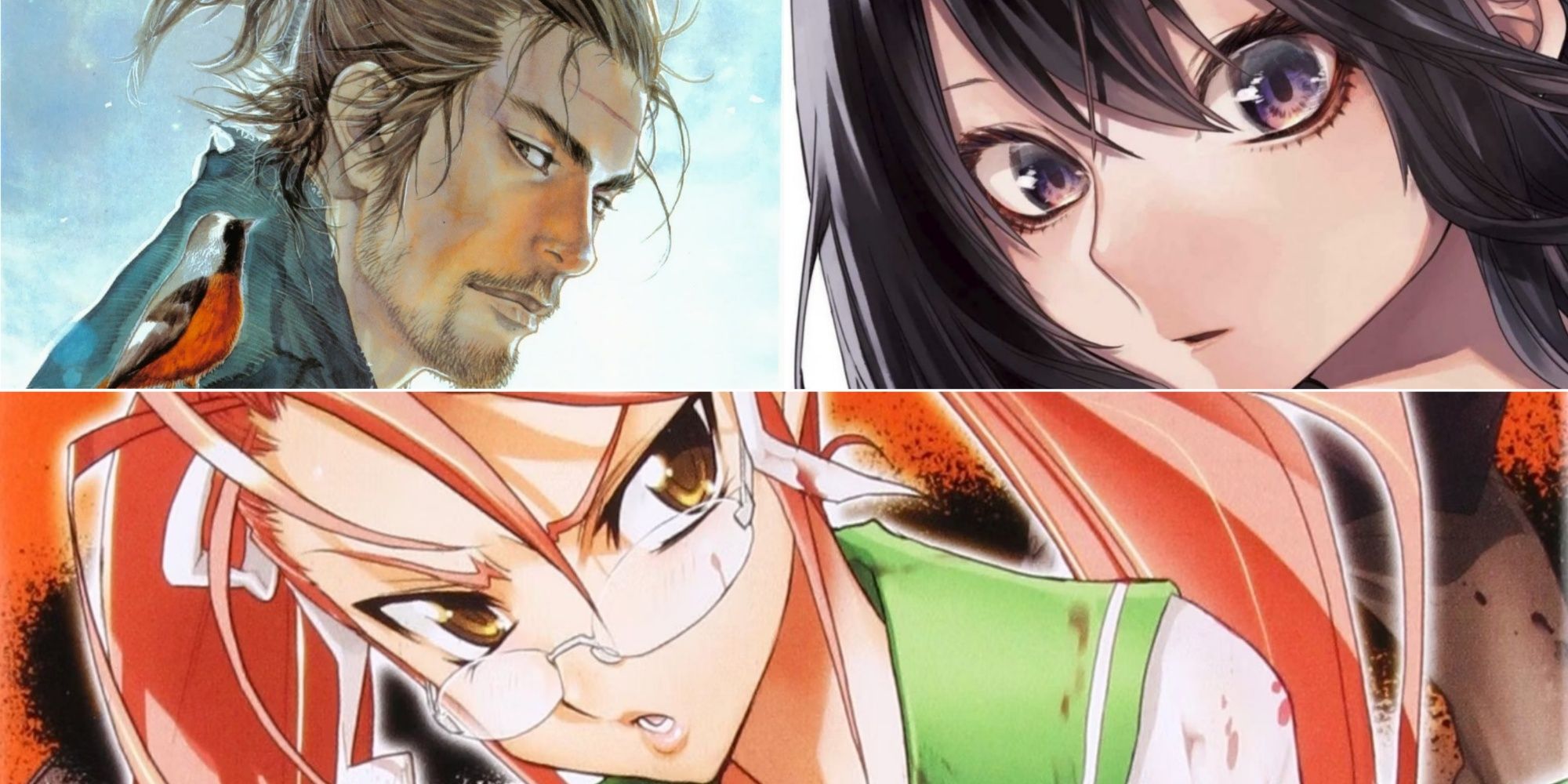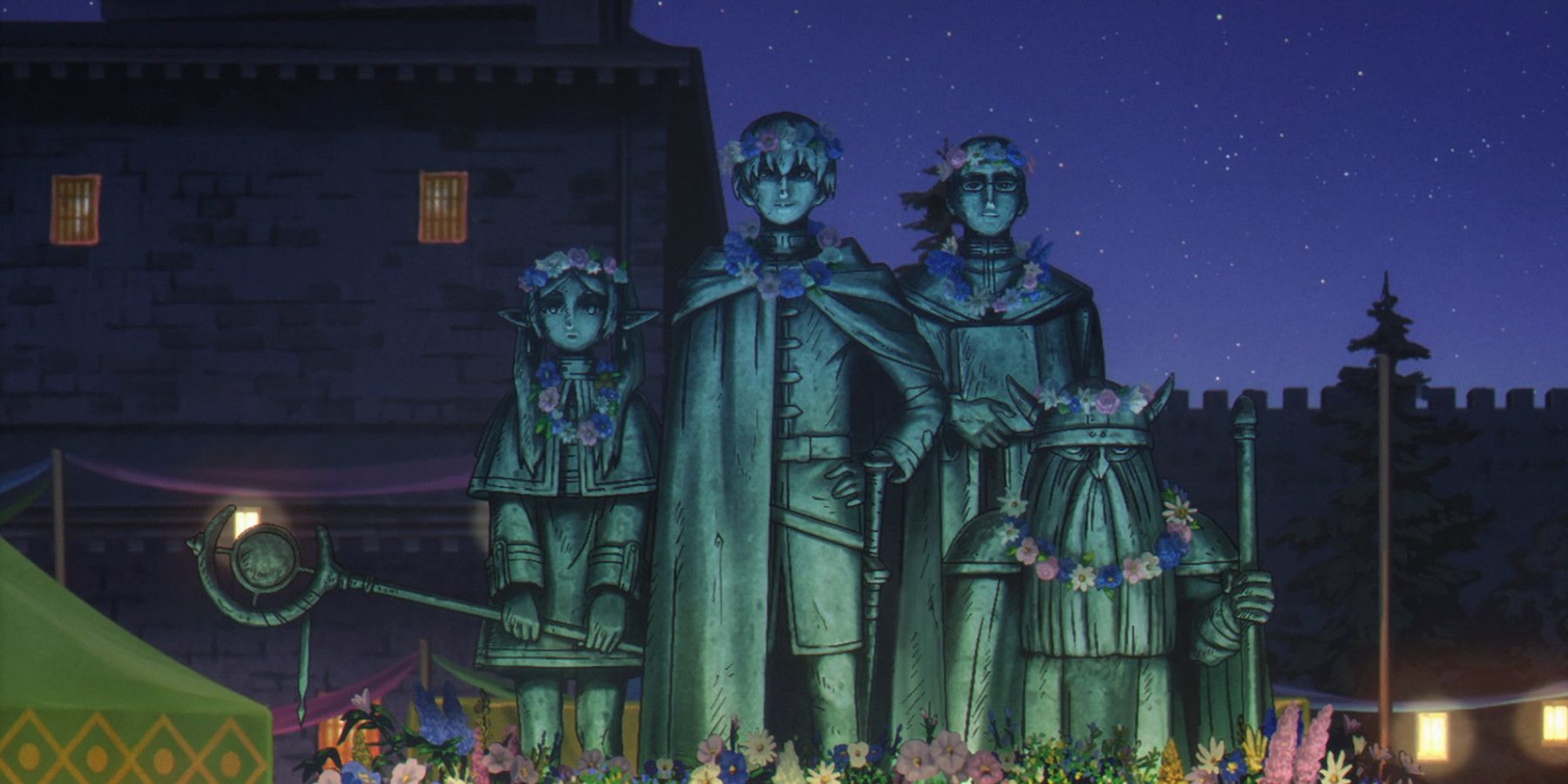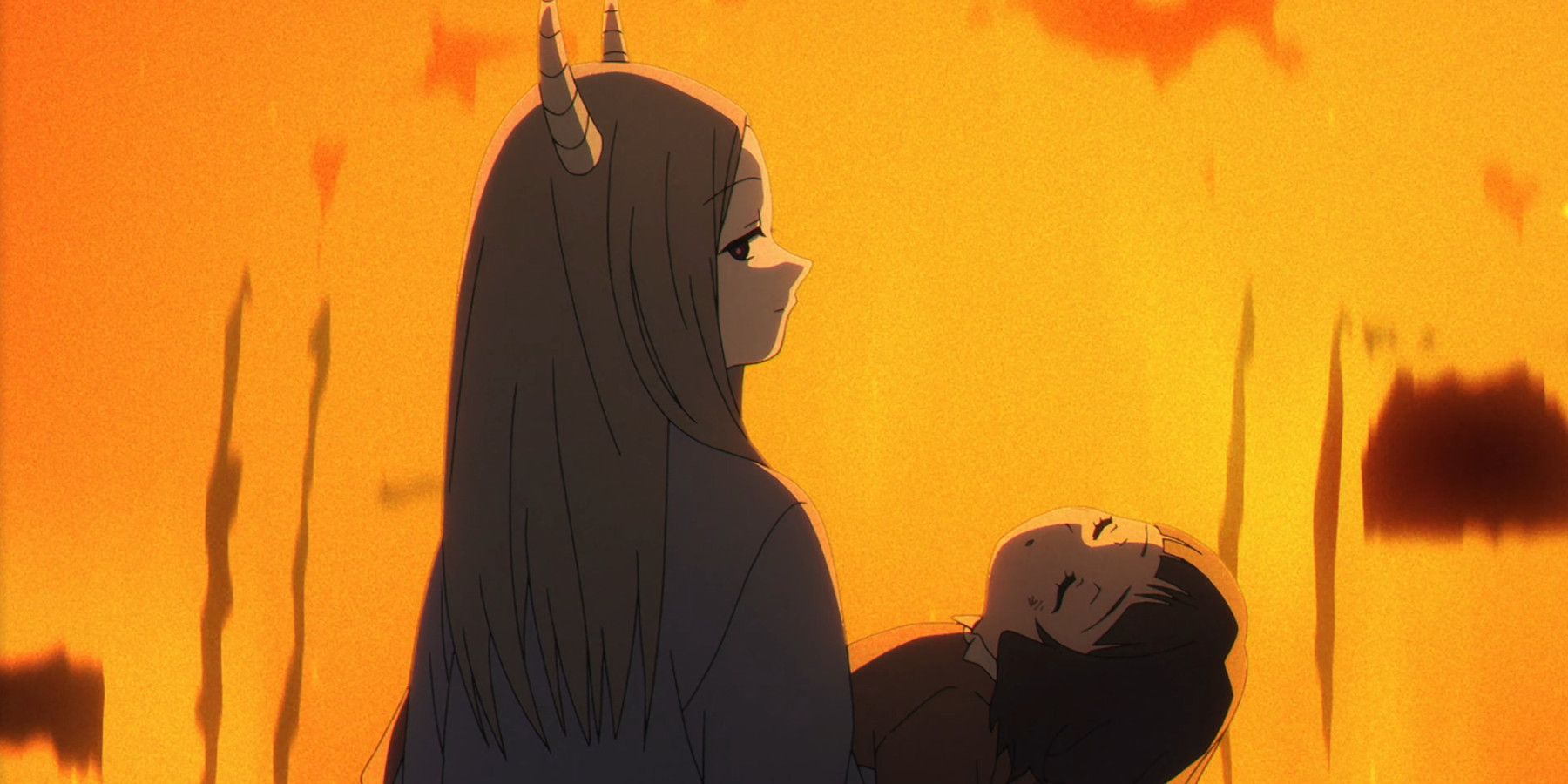Highlights
- Frieren: Beyond Journey's End delves into the concept of fairy tales and how they distort history over time, emphasizing the importance of memory and personal experience.
- The latest episode introduces the demons as significant players, challenging the audience's preconceived notions by validating Frieren's apprehension towards them.
- The episode explores language as both a bridge and a barrier, highlighting the demons' inability to understand the concept of family and their manipulation of human language for selfish purposes.
Warning: The following contains spoilers for Frieren: Beyond Journey's End, Episode 7, "Like a Fairy Tale," now streaming on Crunchyroll.
Fiction is all about lessons and even the apparent lack of one can express a particular view of the world, but there are times when stories can force the audience to confront difficult questions. In the case of Frieren: Beyond Journey's End, its latest episode explores language and its purported capacity to connect to an archetypal "other" by compellingly refuting that very notion.
Up to this point, Frieren's journey has seen her take on an apprentice and recruit a dear friend's apprentice to commence a long trek to the land of Aureole, where spirits roam free. However, the newest episode is the first present-day introduction to the foes she will be forced to face on her path, and it lays the groundwork for an exciting conflict.
The Makings of a Fairy Tale
From the opening scene, an assertion about fairy tales is put forth as Frieren remembers receiving another fake grimoire from Flamme the Legendary Mage. Heiter points out how after enough time and enough fakes, one starts to ponder if the original ever existed, something Frieren agrees with. With enough time, people forget the genuine article and only the warped version told in stories.
To Frieren, Flamme is anything but a fairy tale, because she remembers her mentor as she truly was. If the key is memory, then fairy tales are history mutating into legend, and with how long she has lived, Frieren has likely seen the origin of many fairy tales. In the same episode, she mentions how the elves are rare and likely going extinct, though she's not particularly perturbed by this. It's just another way that a long life changes perspective.
Because of this framing, the immortalization of Himmel and his adventuring party takes on a new significance. It seemed obvious that they would be celebrated and Himmel's insistence on so many statues at first appeared like a humorous expression of his vanity. Instead, it turns out to be a gift from Himmel to Frieren through time to remind her that she isn't alone.
This all comes to a head when Frieren witnesses the Liberation Festival, where almost 80 years after her party's exploits, they're still remembered. There's a lingering question raised about how long it will take for even the story of Himmel to become a fairy tale - if it ever will to begin with. For the villagers, it will be celebrated for as long as the town stands. Frieren seems doubtful, but even after all her adventures in the past, she can't know the future for certain.
Blessed Are Those With Voices
With the conflict between humans and demons raging on in the background, only now has the story brought demons fully into the spotlight with such dramatic weight. Frieren witnesses a group of "peace envoys" from the demon army talking with Graf Granat, the ruler of the town, and instinctively prepares to attack.
When she's thrown in jail, she explains to Fern and Stark that demons are liars who only use human language to deceive and that there's no way they are seeking peace. Depending on the viewer, her words might come across as prejudiced from one who spent years fighting demons. After all, while the demons are framed as antagonists and the audience has yet to form an attachment to any of them, they don't look all that different from other people, sans the horns.
Fiction teaches us to empathize with the archetypal other because depending on the context, they can be representative of the outcasts of society in real life. However, this story takes this base assumption and plays with the viewer's expectations, validating Frieren's apprehension in order to make an even more interesting point about language.
At a few points in the episode, humans and demons' ability to communicate with one another is put forth as a self-evident defense of a demon's right to live. From the outside, it's a fair point, as in the real world, language can be a bridge as much as it is a barrier. The ability for one to understand another is just one of the ways in which people draw lines between individuals and mere creatures. We instinctively want to believe that a creature capable of speech is capable of being a friend.
Unfortunately, through Frieren's flashback, it's made abundantly clear that the demons of this series don't possess this capability. A demon in the form of a girl kills a human child, and Himmel spares her at the behest of the village chief, who believes she can be raised to atone. When the demon kills again, it's the chief who she cuts down, all, so she can give his daughter to the couple whose daughter she killed in the first place.
It's as if she's bartering for her life while discounting the value of the lives she has taken. It's a hauntingly effective sequence that illustrates how demons utilize human language as a means of manipulation and that their nature makes the concept of family a complete mystery to them. The story finds a way to create a uniquely threatening foe by drawing upon specific aspects of the human experience that create empathy, and completely divorcing them from the antagonist.
Frieren: Beyond Journey's End has already been an emotional rollercoaster over the past three weeks, and with the arrival of new antagonists, tensions are rising quickly. Each week brings dazzling visuals but far more impressively, it brings new and interesting conversations that keep its admittedly iterative fantasy world from becoming just another pretty seasonal delight.
